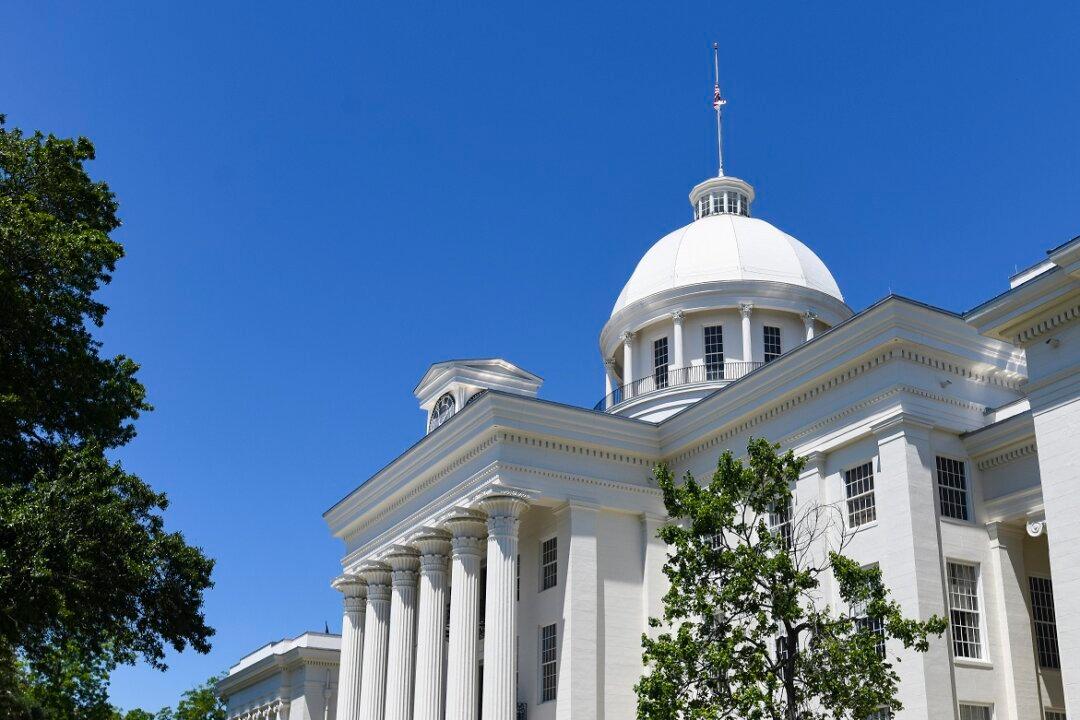Alabama Gov. Kay Ivey, a Republican, signed legislation on Tuesday that bans biological males from participating in female college athletic teams and vice versa.
The legislation, applicable to two-year and four-year public colleges, states its aim is to ensure fair competition and equal opportunities for female athletes. It expands a similar K-12 ban to college-level teams implemented in 2021.





